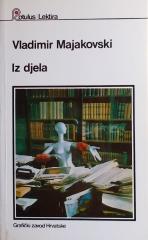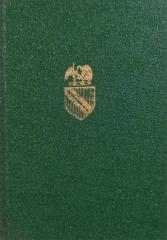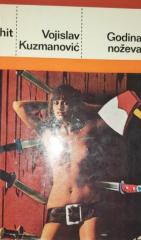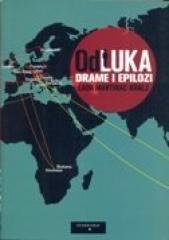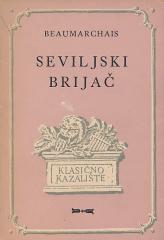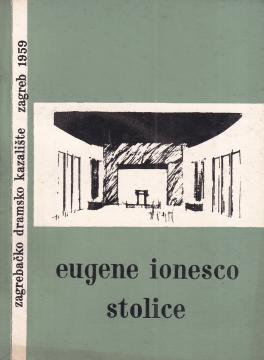
Stolice
„Stolice“ je jednočinka Ežena Joneska, jednog od najznačajnijih predstavnika teatra apsurda, premijerno izvedena 1952. Ovo izdanje štampano je povodom prvog izvođenja predstave u Zagrebačkom dramskom kazalištu 1958. godine.
Drama prikazuje besmisao ljudske egzistencije kroz simboliku praznine i komunikacijske nemoći. Radnja drame smeštena je u izolovanu, oronulu prostoriju na pustom ostrvu, gde stari bračni par — Starac i Starica — provodi poslednje trenutke života. Starac, devetdesetpetogodišnjak, ima važnu poruku koju želi da prenese čovečanstvu, a Starica ga podržava u njegovoj nameri. Oni očekuju dolazak gostiju na skup koji su organizovali kako bi Starac izložio svoju filozofsku ideju o smislu života.
Kako se gosti "pristižu", Starica unosi sve više stolica, ali prisutni ostaju nevidljivi, što stvara nadrealnu i grotesknu atmosferu. Stolice se gomilaju, popunjavajući prostor, dok Starac i Starica sa njima razgovaraju kao da su stvarni. Na kraju dolazi Govornik, profesionalni orator, čiji je zadatak da prenese Starčevu poruku.
Međutim, nakon što Starac i Starica skoče u more uvereni da su svoju misiju ispunili, otkriva se da je Govornik nem i nesposoban da izgovori bilo šta smisleno. Poruka ostaje neizrečena, a publika ostaje suočena sa apsurdom i prazninom.
"Stolice" simbolizuju prazninu ljudske komunikacije i traganje za smislom u svetu apsurda. Nevidljivi gosti predstavljaju iluziju društvenih odnosa i samoobmane. Govornikova nemoć da prenese poruku ukazuje na jalovost ljudskog postojanja i neuspeh u prenošenju važnih ideja.
Drama istražuje egzistencijalnu usamljenost i iluzornu prirodu komunikacije, dok prazne stolice postaju simboli neispunjenih očekivanja i izgubljenih ljudskih veza.
One copy is available
